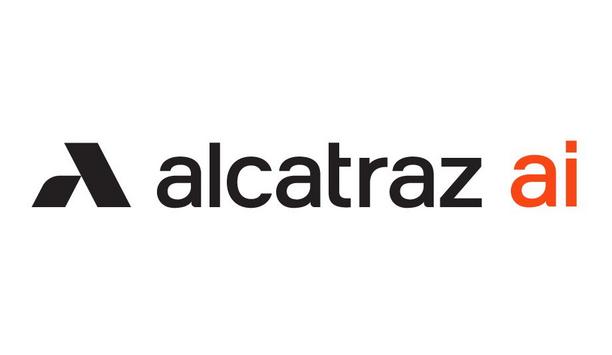Traditionally, most security integrators have installation backgrounds but are now expected to be IT savvy, too. Even the most proficient IT professionals may not fully grasp the complexity of adapting computer servers for use with video systems.
It’s not the area of expertise of security integrators as the complexities between IT data and video data are significant. Therefore, security integrators depend on system builders to provide solutions to meet the needs of video systems expertly and with few hassles. It’s a simple enough ask, but not so easy to deliver. Tom Larson, Chief Technology Officer, BCDVideo, lists some of the challenges:
Thank you for submitting your information.
× The gap between reality and customer expectations
End users should expect a security integrator to provide services and a wide product line to ensure the right equipment for any size job
Sometimes there is a gap between what a security integrator expects from a video surveillance solution (in terms of validation testing, dependability, technical support) and the performance of available choices, especially in the case of low-cost or generic equipment. Extra service and support are needed to bridge the gap. Unfortunately, some manufacturers entering the market have failed to deliver, and integrators (and their end user customers) have paid a price.
The network is often overlooked
Security integrators should pay special attention to engineering the network and calculating the bandwidth and storage needed for video projects, especially given how technology evolves so quickly. Security is an appliance-driven business, and integrators who just want to add another server to expand storage or functionality without configuring the network run the risk of i/o bottlenecks and other system failures. End users should expect a security integrator to provide services and a wide product line to ensure the right equipment for any size job. Unfortunately, traditional IT resellers are often married to a singular solution limiting their knowledge of a good fit for the job.
 |
| Buying a video server based on a low price aggravates the problem, as “Frankensteined” or generic servers tend to generate additional costs over time |
Servers are mistakenly considered a one-time expense
One mistake purchasing agents make and security integrators have a hard time quantifying is viewing video storage as a capital expense (as one more component of a security system) rather than considering ongoing operating expenses. Buying a video server based on a low price aggravates the problem. “Frankensteined” or generic servers tend to generate additional costs over time, such as firmware or supply chain issues, and some systems builders have failed to provide support to offset those costs. In fact, the high costs over time of supporting inexpensive servers have been unsustainable for some system builders, who have left integrators and end users holding the bag, and in some cases, the liability.
Adapting to sustainable strategies
“Systems builders to the video surveillance market must adapt and invest to meet the demands of security integrators’ expectations, and they need a business model that enables them to provide a substantial level of support and commitment,” says Larson. “Working with high-quality manufacturers and providing tried-and-tested, certified equipment upfront ensures manageable costs over the life of the system. Products that are fully tested and contain no firmware bugs ensure smoother installations. By providing adequate technical support to the security integrator and managing IT variables over the life of the system, the systems builder makes it possible for a security integrator to specify and install a video server as easily as any other system component.”
Keeping IT professionals on staff to deal with server issues is cost-prohibitive for security integrators
Taking a longer-term view and considering total cost of ownership is a more sustainable strategy for integrators, says Larson. Investing upfront in a higher-quality server is rewarded by dependability and lower service costs over the life of the system. And the lower costs of supporting a higher-quality server create a more sustainable business model for the integrator, thus ensuring the integrator and end user will have ongoing support.
Adapting server technology to video applications
Security integrators deliver a different skill set than IT integrators, who tend to be more hands-on in terms of updating firmware and providing maintenance. Keeping IT professionals on staff to deal with server issues is cost-prohibitive for security integrators, who therefore depend on systems builders to provide that expertise. They develop a long-term relationship with a systems builder they can depend on to meet their needs for each job.
Larson says the best scenario for a security integrator is a combination of a high-quality server systems builder that understands the specific needs of the security integrator market. Adapting server technology to video applications requires knowledge of both disciplines. Dependable technology adapted to the needs of the video channel ensures successful installations and happy, long-term customers.









